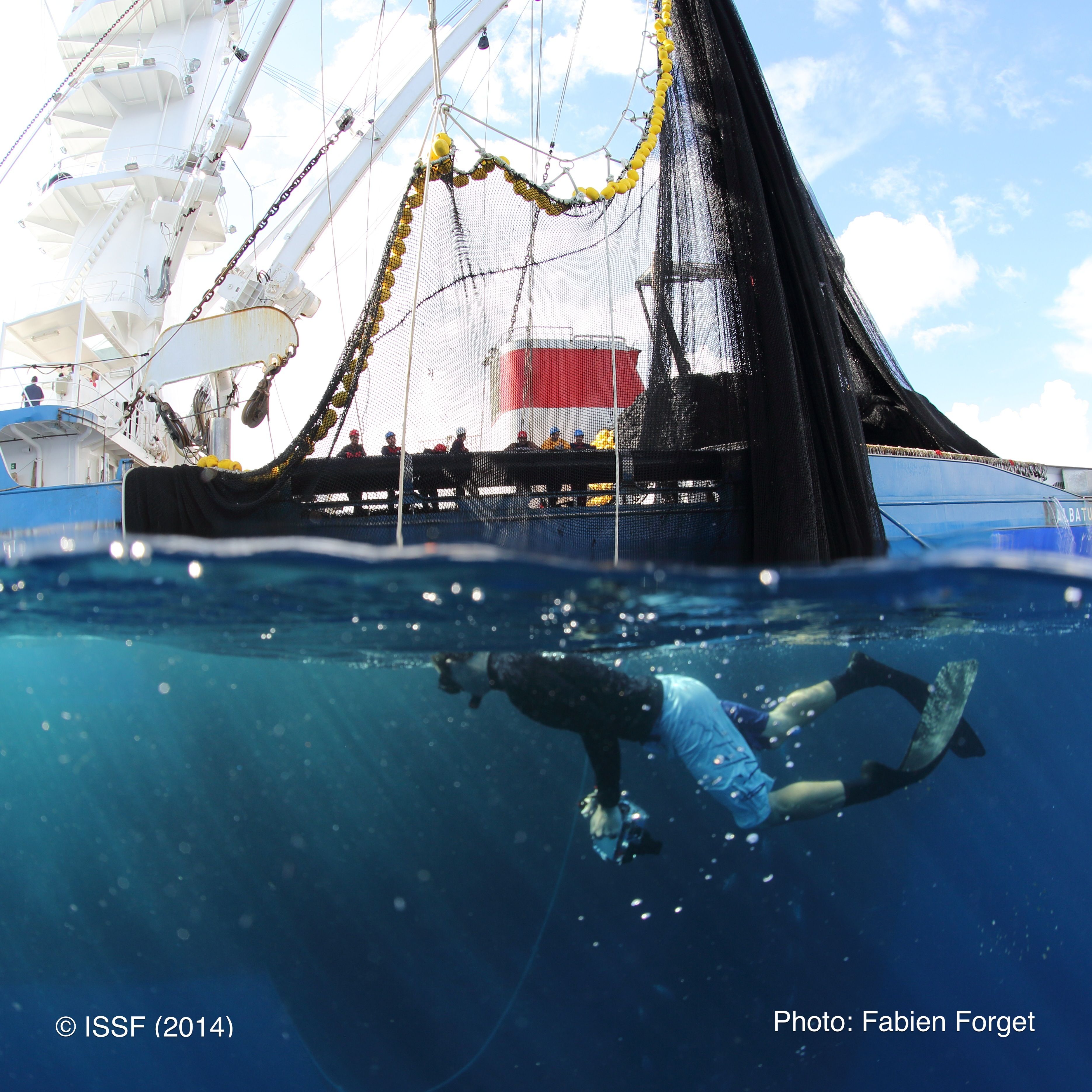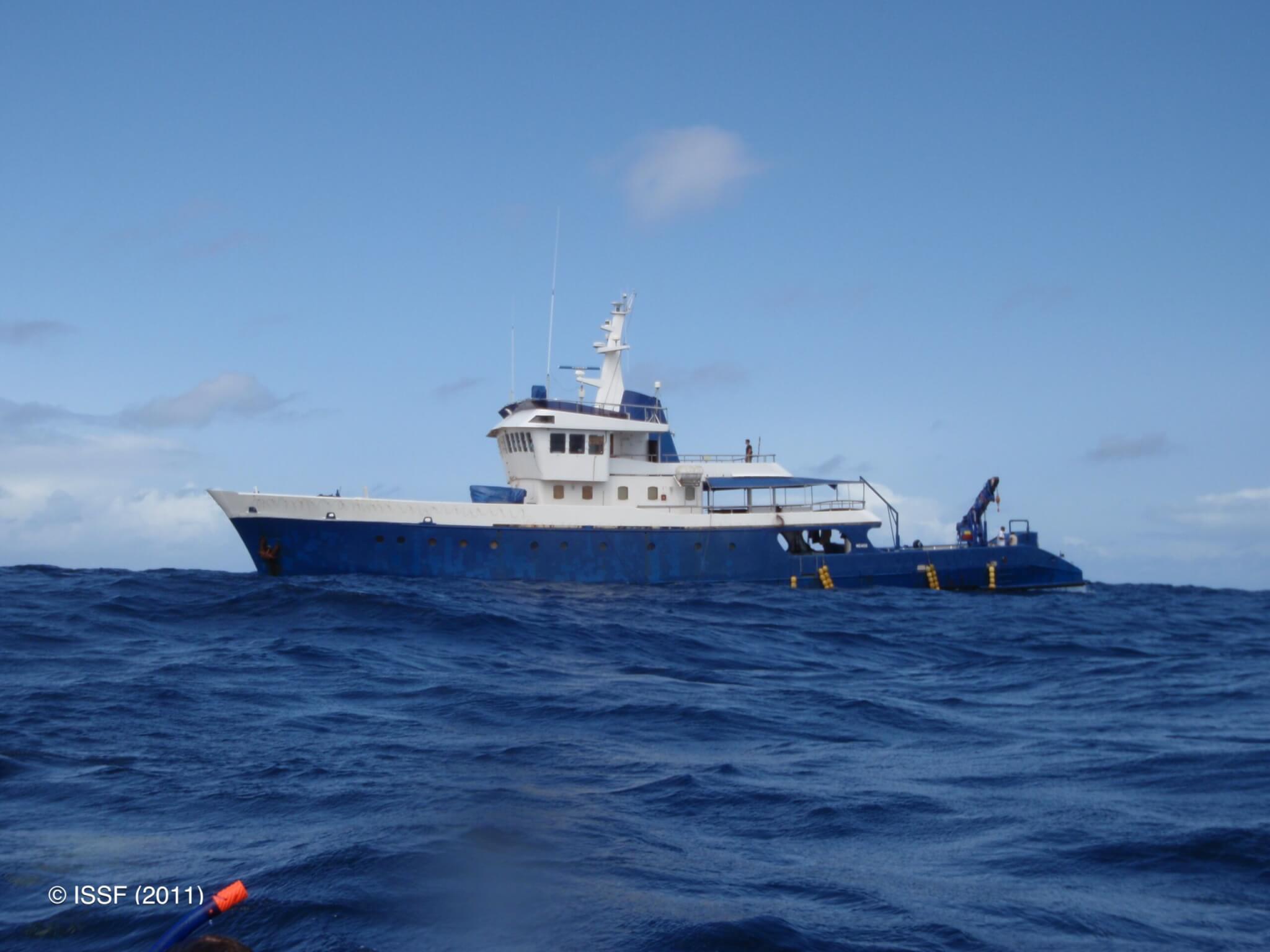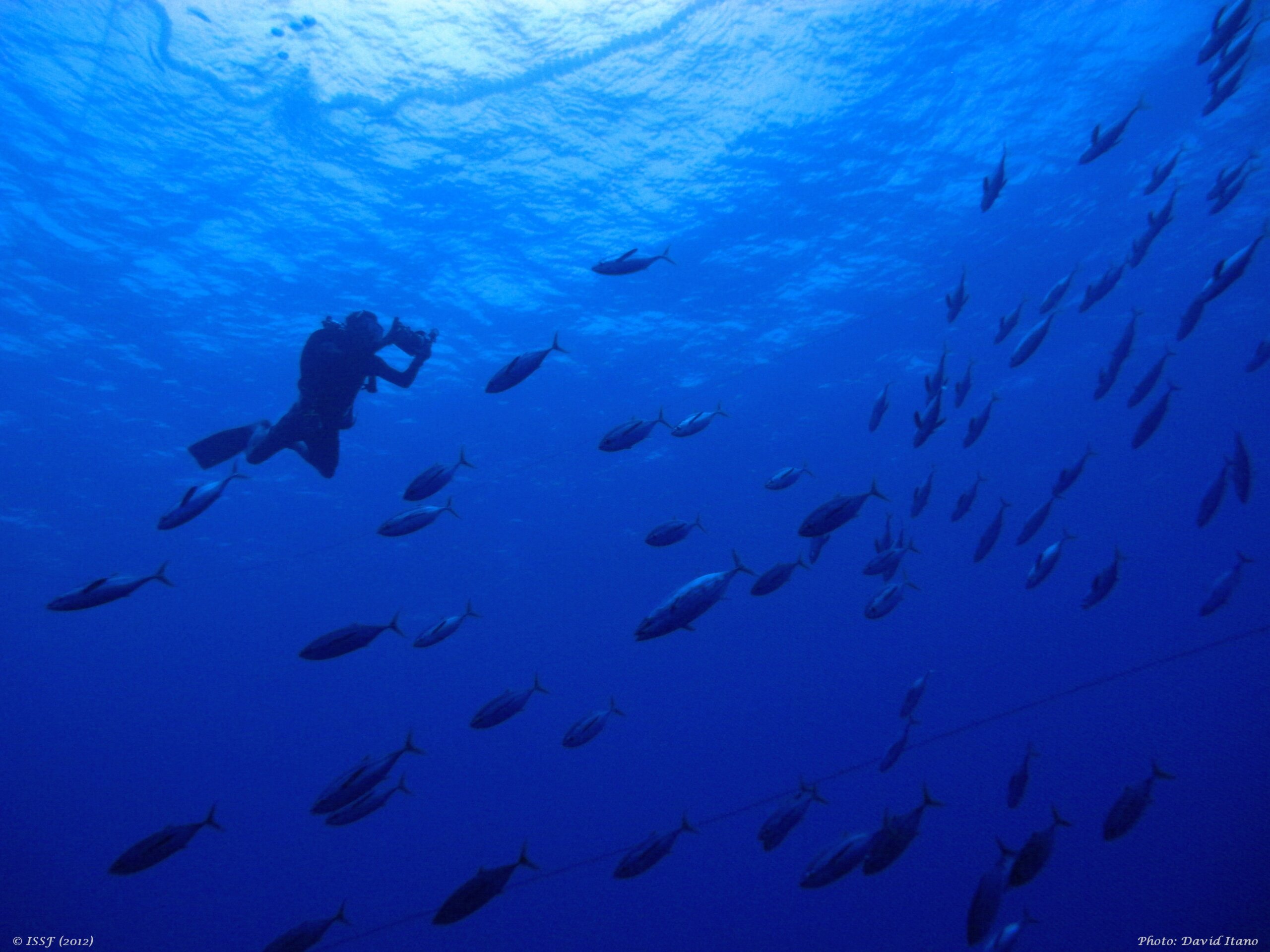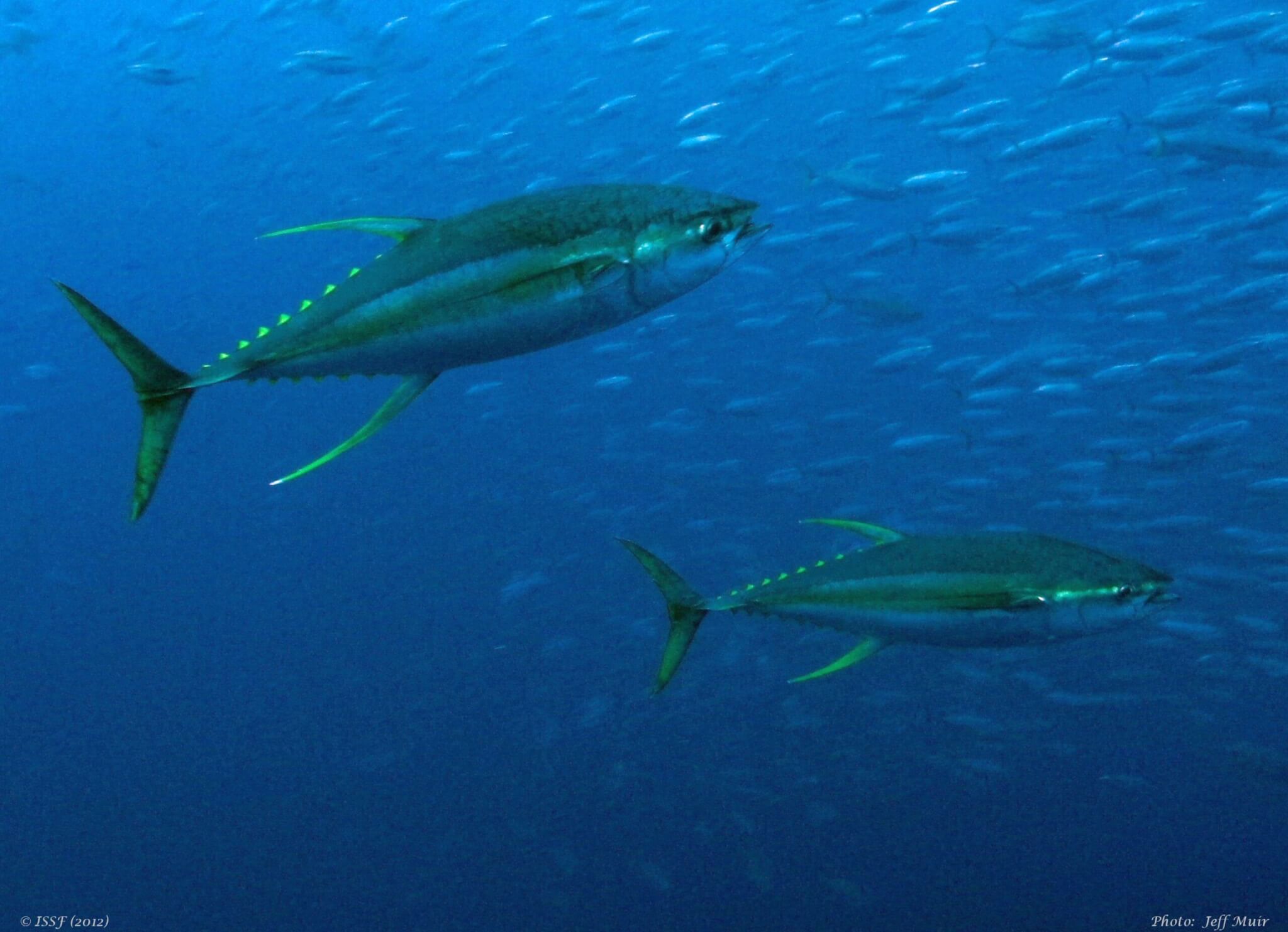WCPFC Meeting Outcomes | ISSF Reviews Results for Pacific Tuna Fisheries
Featured News
Pacific Ocean Tuna Fisheries Managers Adopt Critically Needed Harvest Strategy and Strengthened Shark Protections
The Western and Central Pacific Fisheries Commission (WCPFC) recently wrapped its annual meeting — its first in-person annual meeting since 2019 and one with important stakes for tuna stocks in the region. The meeting brought good outcomes for Pacific tuna fisheries, most notably the adoption of a harvest strategy (or management procedure) for skipjack tuna and stronger protections for sharks.
Featured Content
Tuna Regional Fisheries Management Organizations (RFMOs) regulate transshipment in their regions. With some exceptions, purse seiners are required to transship in port. Other gears like longline may engage in transshipment at sea under certain regulatory conditions. RFMOs also mandate observer coverage and require the submission of transshipment data.
But gaps persist — particularly in the regulation of at-sea transshipment, including the types of data collected, the level of monitoring, and data-reporting timelines. These gaps can increase the likelihood of illegal, unreported, and unregulated (IUU) fishing activities that undermine fisheries management.
ISSF is helping to improve transshipment policies, practices, monitoring, and compliance — through our conservation measures for seafood companies and vessels, best practices research, RFMO benchmarking analysis, and advocacy outreach.
ICYMI
ICCAT Annual Meeting: Bluefin Harvest Strategy and Compliance Reforms Among Positive Meeting Outcomes
ISSF is welcoming some progress for Atlantic Ocean tuna fisheries from the annual meeting of International Commission for the Conservation of Atlantic Tunas (ICCAT). We are pleased that the Commission made gains overall, specifically in adopting its second management procedure, advancing compliance improvements, and adopting measures for the protection of non-target species and sharks.
ISSF in the News
Thai Union’s Tony Lazazzara named ISSF chair
Seafood Source



